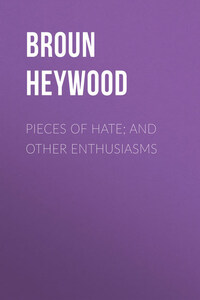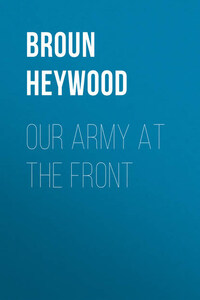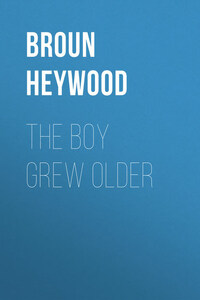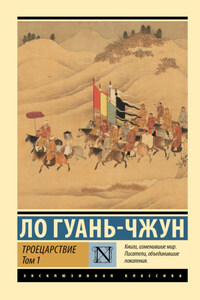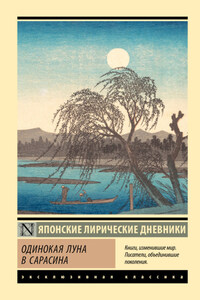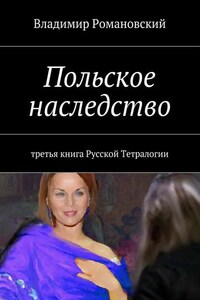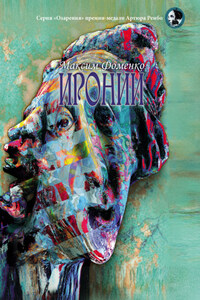The trouble with prefaces is that they are partial and so we have decided to offer instead an unbiased review of "Pieces of Hate." The publishers have kindly furnished us advance proofs for this purpose.
We wish we could speak with unreserved enthusiasm about this book. It would be pleasant to make out a list of three essential volumes for humanity and suggest the complete works of William Shakespeare, the Bible and "Pieces of Hate," but Mr. Broun's book does not deserve any such ranking. Speaking as a critic of books, we are not at all sure that we care to recommend it. It seems to us that the author is honest, but the value of that quality has been vastly overstressed in present-day reviewing. We are inclined to say "What of it?" There would be nothing particularly persuasive if a man should approach a poker game and say, "Won't you let Broun in; I can assure he's honest." Why should a recommendation which is taken for granted among common gamblers be considered flattering when applied to a writer?
Anyhow, it does not seem to us that Broun carries honesty to excess. There is every indication that most of the work in "Pieces of Hate" has been done so hurriedly that there has been no opportunity for a recount. If it balances at any given point luck must be with him as well as virtue. All the vices of haste are in this book of stories, critical essays and what not. The author is not content to stalk down an idea and salt it. Whenever he sees what he believes to be a notion he leaves his feet and tries to bring it down with a flying tackle. Occasionally there actually is an exciting and interesting crash of flying bodies coming into contact. But just as often Mr. Broun misses his mark and falls on his face. At other times he gets the object of his dive only to find that it was not a genuine idea after all, but only a straw man, a sort of tackling dummy set up to fool and educate novices.
And Broun does not learn fast. Like most newspaper persons he is an extraordinary mixture of sophistication and naïveté. At one moment he will be found belaboring a novelist or a dramatist for sentimentality and on the next page there will be distinct traces of treacle in his own creative work. Seemingly, what he means when he says that he does not like sentimentality is that he doesn't like the sentimentality of anybody else. He would restrict the quality to the same narrow field as charity.
The various forms introduced into the book are a little confusing. Seemingly there has been no plan as to the sequence of stories, essays, dramatic criticism and the rest. Possibly the author regards this as versatility, but here is another vastly overrated quality. We once had a close friend who was a magician and after we had watched him take an omelet out of his high hat, and two white rabbits, and a bowl of goldfish, it always made us a little uneasy when he said, "Wait a minute until I put on my hat and I'll walk home with you."
The fear constantly lurked in our mind that he might suddenly remember, in the middle of Times Square, that he had forgotten a trick and be compelled to pause and take a boa-constrictor from under the sweat-band. We suggest to Mr. Broun that he make up his mind as to just what he intends to do and then stick to it to the exclusion of all sidelines.
Perhaps he has promised, but we are prepared to wager nothing on him until we are convinced that he has begun to drive for something. He may be a young man but he is not so young that he can afford to traffic any further with flipness under the impression that it is something just as good as humor. And we wish he wouldn't pun. George H. Doran, the publisher, informs us that he had to plead with Broun to make him leave out a chapter on the ugliness of heirlooms and particularly old sofas. Apparently the piece was written for no other purpose than to carry the title "The Chintz of the Fathers."
We also find Mr. Broun's pose as the professional Harvard man a little bit trying, particularly as expressed in his essay "The Bigger the Year." We suppose he may be expected to outgrow this in time but he has been long enough about it.
I
THE NOT IMPOSSIBLE SHEIK
Women must be peculiar people, if that. We have just finished "The Sheik," which is described on the jacket as possessing "ALL the intense passion and tender feeling of the most vivid love stories, almost brutal in its revelations."
Naturally, we read it. The author is English and named E. M. Hull. The publishers expand the "E" to Ethel, but we have a theory of our own. At any rate the novelist displays an extraordinary knowledge of feminine psychology. It is profound. It is also a little disturbing because it sounds so silly. After all, whether peculiar or not women are round about us almost everywhere, and we must make the best of them. Accordingly, it terrifies us to learn that if by any chance whatsoever we happen to hit one of them and knock her down she will become devoted to us forever. The man who knows this will think twice before he strikes a woman no matter what the provocation. He will be inclined to count ten before letting a blow go instead of after. Miss Hull's book deserves the widest possible circulation because of its persuasive propaganda for forebearance on the part of men in their dealings with women.
